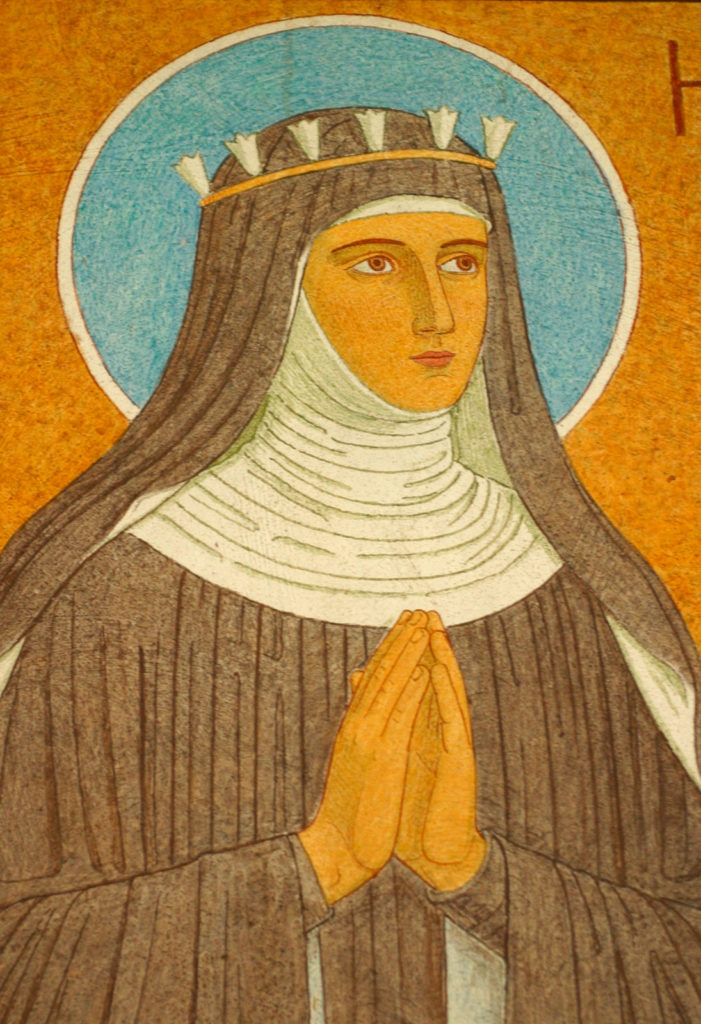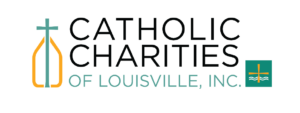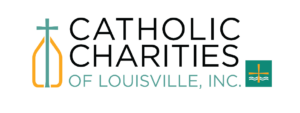Hildegard was elected magistra by her fellow nuns in 1136; she founded the monasteries of Rupertsberg in 1150 and Eibingen in 1165. One of her works as a composer, the Ordo Virtutum, is an early example of liturgical drama and arguably the oldest surviving morality play She wrote theological, botanical, and medicinal texts, as well as letters, liturgical songs,[2] and poems, while supervising miniature illuminations in the Rupertsberg manuscript of her first work, Scivias.[5] She is also noted for the invention of a constructed language known as Lingua Ignota.

